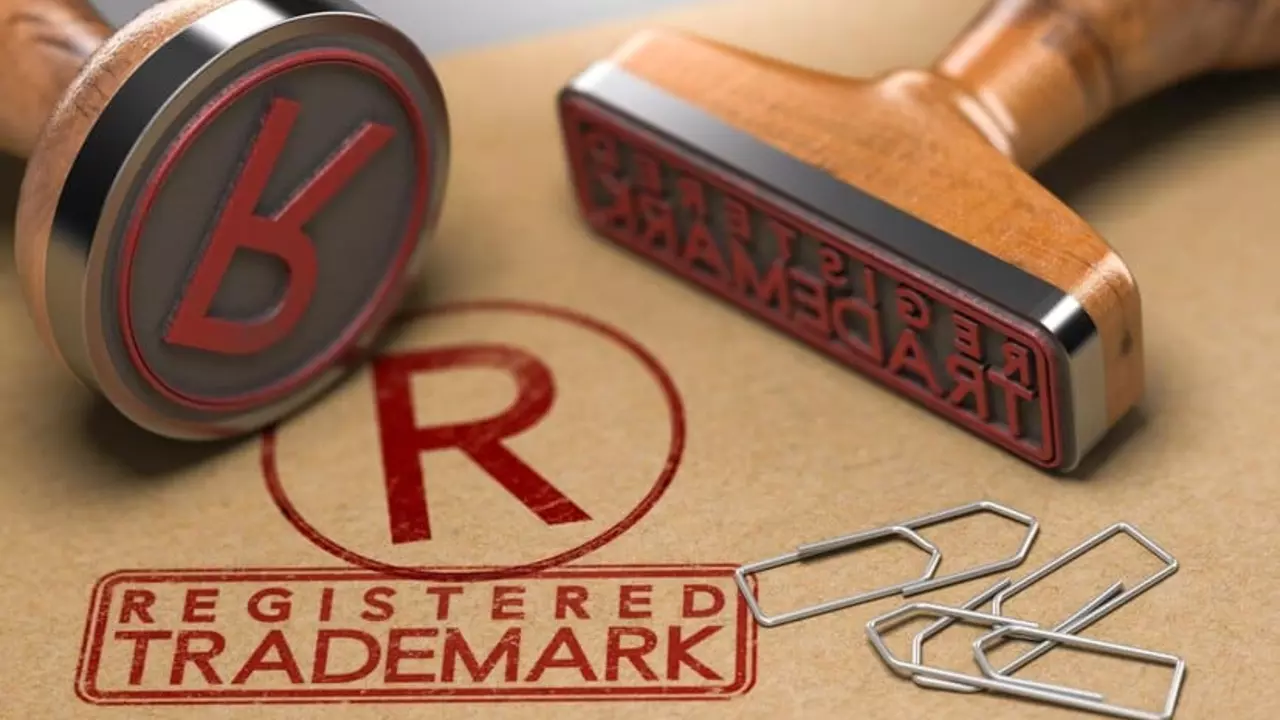Business and Law Essentials for Indian Dentists
Running a dental clinic isn’t just about teeth – you need solid business basics and legal know‑how too. From protecting your brand to understanding contracts, the right information can save you time, money, and headaches. Below you’ll find practical pointers that fit right into a busy dentist’s day.
Why Trademark Classes Matter for Your Clinic
When you think about branding, you probably picture a logo or a catchy name. But the law sees those as “goods and services” and sorts them into 45 official classes. If you’re offering dental equipment, oral care products, or even health‑tech apps, each falls into a specific class. Registering the correct class means you get exclusive rights and avoid costly disputes.
For example, Class 5 covers pharmaceuticals and medical supplies – perfect if you sell whitening gels or anesthetic kits. Class 35 handles advertising and business management services, which is useful if you run a marketing agency for other dentists. Miss a class, and another clinic could register a similar name for a different service, leaving you in a legal scramble.
Quick Steps to Secure Your Dental Brand
1. Identify what you sell. List every product and service – from routine check‑ups to custom night guards.
2. Match each item to a class. Use the official trademark class list or ask a IP attorney for help.
3. File early. The earlier you apply, the lower the risk of someone else stealing your idea.
4. Keep records. Save all product specs, marketing material, and registration numbers. They’re proof if you ever need to enforce your rights.
Following these steps is simple, but it protects the reputation you’ve built over years of patient care.
Beyond trademarks, dentists in India often face contract questions – rental agreements for clinic space, employment contracts for staff, and partnership deeds with co‑owners. A clear, written agreement avoids misunderstandings. For instance, a lease that outlines who pays for equipment maintenance can prevent disputes when the contract ends.
Another common pitfall is compliance with the Clinical Establishments (Registration and Regulation) Act. Registering your practice, maintaining patient records securely, and following advertising guidelines are not optional – they’re legal requirements. Ignoring them can lead to fines or even clinic shutdown.
So, what’s the bottom line? Treat your practice like a business and a brand at the same time. Protect your name with the right trademark class, keep contracts tidy, and stay on top of regulatory duties. Doing so lets you focus on what you love – delivering great dental care – without worrying about legal surprises.
Need a quick checklist? Here it is:
- List all products/services.
- Map each to the correct trademark class.
- File trademark applications promptly.
- Draft clear lease and employment contracts.
- Register your clinic under the Clinical Establishments Act.
Keep this guide handy, and you’ll have the business and law basics covered. Your patients will thank you for the smooth, professional experience, and you’ll enjoy peace of mind knowing your practice is protected.
Croma, Flipkart, Vijay Sales Slash Prices on iPhone 17, Galaxy S24, and Pixel Phones for Black Friday 2025
- Kaius Sterling
- November 27, 2025
- 0 Comments
Croma, Flipkart, and Vijay Sales launched record Black Friday 2025 smartphone discounts in India, with iPhone 17 and Galaxy S24 slashed to under ₹46,000, signaling fierce competition in the $40B Indian mobile market.
read moreKhasi Hills Archery Sports Association Announces Conflicting Shillong Teer Results for Oct 8, 2025
- Kaius Sterling
- October 8, 2025
- 0 Comments
Khasi Hills Archery Sports Association confirms Shillong Teer results 19‑01 for Oct 8, 2025 amid conflicting reports, highlighting the lottery's cultural and economic role in Meghalaya.
read moreWhat are the 45 trademark classes?
- Kaius Sterling
- July 25, 2023
- 0 Comments
In the world of business and branding, there are 45 trademark classes that categorize the goods and services a company provides. They are part of an international classification system that helps to streamline trademark registration and protection. The classes range from Class 1, which includes chemicals used in industry, to Class 45 covering legal, security and personal services. Understanding these classes is crucial for businesses to protect their brand and avoid infringement issues. It's like a huge library where every business finds the right shelf for their product or service.
read more
